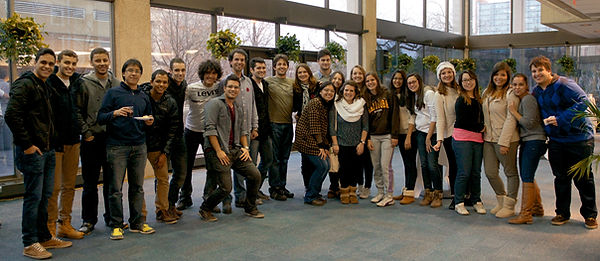University of Manitoba: Bringing Research to Life
February 28, 2015



Located in Winnipeg, Manitoba, the University of Manitoba is the region’s largest and only research-intensive university. As Western Canada’s first university, the U of M has close to 30,000 students, 1,206 full-time faculty, and over 3,200 international students. The school offers more than 100 programs and most of its academic departments provide graduate studies leading to master’s or doctoral degrees.
The university is located on the original lands of Anishinaabeg, Cree, Oji-Cree, Dakota, and Dene peoples, and on the homeland of the Métis Nation. It is home to a thriving community of indigenous researchers and one of the largest indigenous student bodies with more than 2,000 First Nations, Métis, and Inuit students.
To date, 98 students have been awarded the prestigious Rhodes Scholarship—more than any other university in western Canada. University of Manitoba students pursue their passion in politics, culture, recreation, research, religion and the arts through more than 200 student groups, events, and experiential education programs.
The university’s research attracts nearly CAD $160 million annually in sponsored income. Its research enterprise includes 70 endowed and sponsored research chairs, including 44 Canada Research Chairs and the Canada Excellence Research Chair. University of Manitoba researchers have made fundamental discoveries in the transmission of HIV/AIDS, pioneered the antenna technology that enables smartphones, and developed canola, resulting in an industry worth $19.8 billion annually.
The university is home to or a partner in more than 50 research centres, institutes and shared facilities that promote the exchange of ideas and provide collaborative research environments that stimulate multidisciplinary research and development. It also affords novel training opportunities for students and is a resource for the community at large.
Smartpark, the university’s research and technology park, creates high-tech clusters, facilitates university-industry research collaboration and innovation, and nurtures a culture that helps to keep highly-skilled students and researchers in the province.














